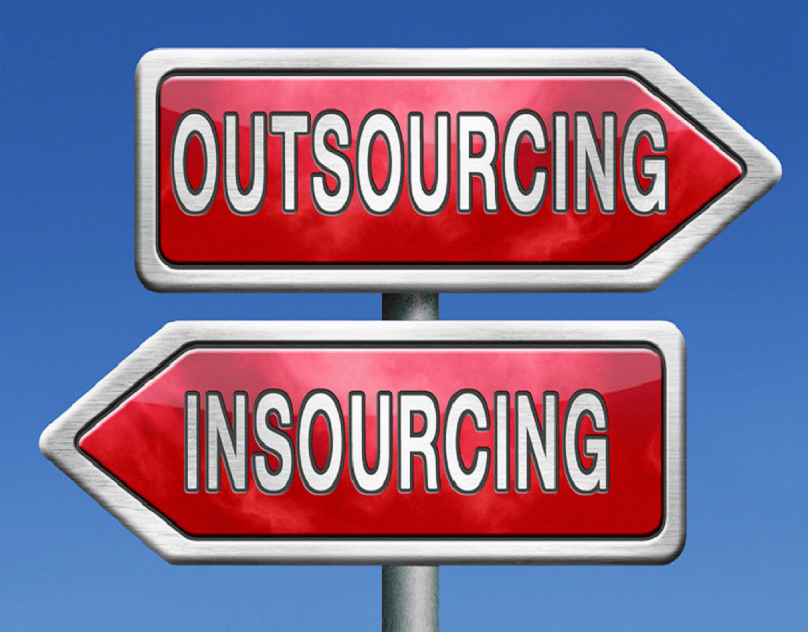Many people are on the edge of finding funds for their businesses and as you already know that starting or growing a business in Nigeria often requires money. Whether you’re just starting out or expanding, finding the right financing option can be challenging. Thankfully, there are several options available to businesses in Nigeria. In this blog post, we will explore different financing options that Nigerian business owners can consider.
1. Personal Savings
Many entrepreneurs in Nigeria use their personal savings to fund their businesses. This is usually the first step for most people because it is easily accessible and doesn’t come with interest or loan conditions. Using personal savings can help you avoid debt, but it also means that you are risking your own money. If your business doesn’t succeed, you might lose a significant portion of your savings.
2. Friends and Family
Another common financing option for small businesses in Nigeria is getting help from friends and family. These people know and trust you, so they may be willing to invest in your business or give you a loan without strict terms. The advantage of this option is that it may not come with interest or rigid repayment plans. However, mixing business with personal relationships can sometimes cause tension if things don’t go as planned.
3. Bank Loans
Banks in Nigeria offer loans to businesses of all sizes. You can approach a commercial bank to apply for a business loan. These loans typically come with interest rates, and you will need to meet certain requirements such as having a good credit score, providing collateral, and showing a business plan.
Some of the major banks in Nigeria, like GTBank, Access Bank, and First Bank, offer specific loan products designed for small and medium-sized businesses (SMEs). While bank loans can provide a large sum of money, the challenge lies in meeting the strict criteria and handling the interest rates.
4. Microfinance Banks
Microfinance banks are an alternative to commercial banks, especially for small businesses that may not meet the requirements for traditional bank loans. These banks focus on lending to low-income individuals or small businesses, making it easier for entrepreneurs to access funds. Microfinance loans usually come with higher interest rates, but they are more accessible and may require less documentation compared to traditional bank loans.
Some popular microfinance banks in Nigeria include LAPO Microfinance Bank, Accion Microfinance Bank, and Fina Trust Microfinance Bank.
5. Government Grants and Schemes
The Nigerian government offers several grant programs and funding schemes to help support small and medium enterprises (SMEs). These grants do not need to be repaid, making them a great option if you are eligible. Some examples of government grants and schemes include:
Bank of Industry (BOI): Provides funding for businesses in various sectors such as agriculture, manufacturing, and technology.
You Win: A competition that provides grants to Nigerian entrepreneurs to grow their businesses.
NIRSAL Microfinance Bank: Offers various loans and support for businesses, including the COVID-19 Targeted Credit Facility.
To benefit from these schemes, you typically need a solid business plan and sometimes, an innovative business idea.
6. Angel Investors
Angel investors are wealthy individuals who invest their own money into startups or growing businesses in exchange for equity or ownership in the company. Angel investors in Nigeria are becoming more common, especially in industries like technology, fintech, and agriculture. Finding the right angel investor can be a game-changer, as they not only provide funding but may also offer valuable business advice and connections. However, giving up equity means sharing ownership of your business.
7. Venture Capitalists
Venture capitalists (VCs) are firms or individuals that invest in startups and small businesses in exchange for equity. They typically focus on businesses with high growth potential. Unlike angel investors, VCs invest larger amounts of money but also expect higher returns on their investment. In Nigeria, VC funding is more common in sectors like tech startups, digital innovation, and fintech.
While VC funding can help your business grow quickly, it also means giving up a portion of control and ownership. Some well-known VC firms operating in Nigeria include Ventures Platform, EchoVC, and Future Africa.
8. Crowdfunding
Crowdfunding is an increasingly popular way to raise funds for a business in Nigeria. It involves raising small amounts of money from a large number of people, usually through online platforms. You present your business idea or product, and people can contribute money if they believe in it. Platforms like GoFundMe, Kickstarter, and Naija Fund are popular for crowdfunding.
The challenge with crowdfunding is that you need a compelling story or product to attract people’s interest. Also, the funds raised may not be enough to cover all your business needs, depending on how successful the campaign is.
9. Cooperative Societies
In Nigeria, many entrepreneurs turn to cooperative societies for financing. These are member-owned financial organizations where members contribute money to a common pool, which can then be borrowed by members at a low interest rate. Cooperative societies are a great option for small business owners who may not qualify for traditional bank loans or who want to avoid high-interest rates.
10. Trade Credit
This option involves getting goods or services from suppliers on credit and paying them later. Trade credit can help businesses manage cash flow without needing upfront capital. Many suppliers offer this option to their long-term customers or businesses with good credit history.
Conclusion
There are numerous financing options available for businesses in Nigeria, ranging from personal savings and bank loans to venture capital and government grants. Each option comes with its advantages and disadvantages, so it’s important to evaluate which one best suits your business needs and goals. Always consider factors like the cost of borrowing, your ability to repay, and the impact on your business ownership before making a decision. With the right financing, you can successfully grow your business and achieve your entrepreneurial goals.










